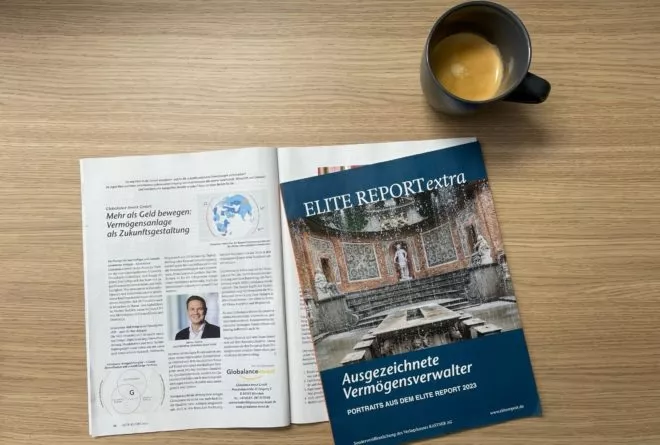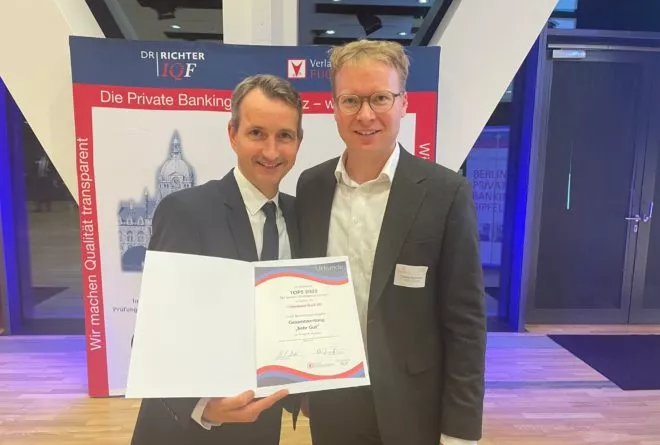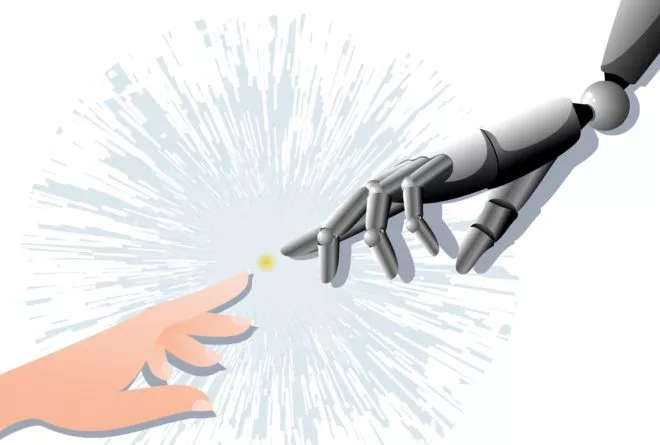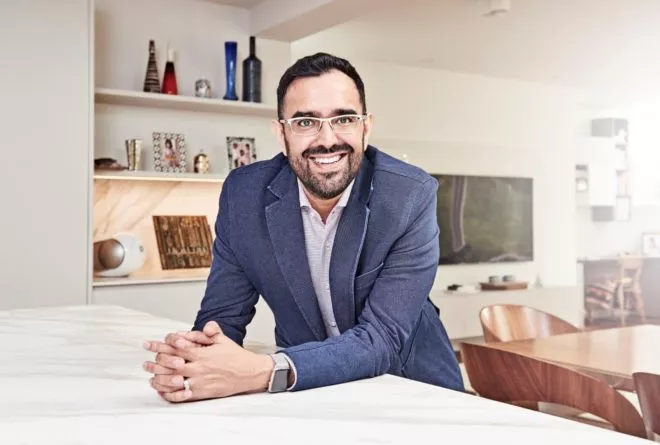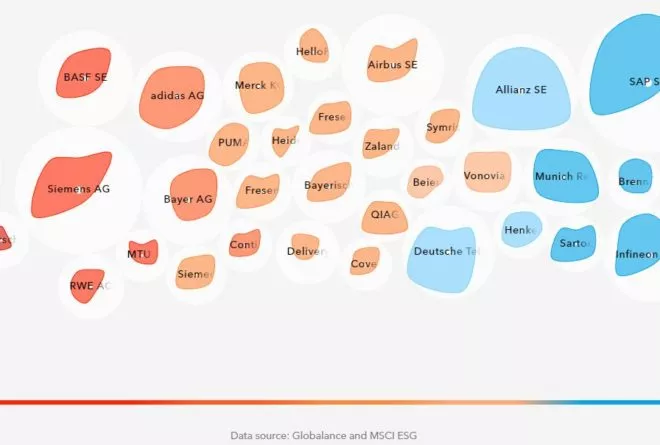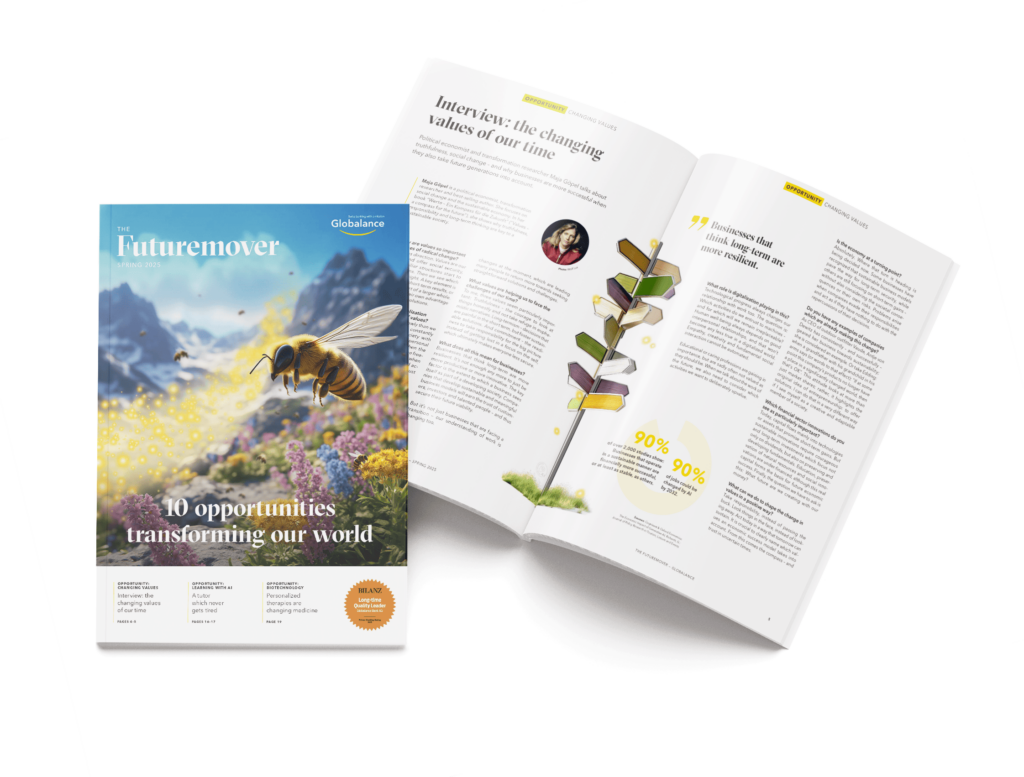News & Trends
Not Tired Even at 100

We Are Getting Younger and Older at the Same Time
Today’s babies have a good chance of living to be 100 years old, according to renowned gerontologists. But, we are by no means at the end of the road. Do we actually already have more resources for a long life than we realise? And is there a biological age limit at all?
The unbroken record for the oldest age is held by a French woman born in 1875. She is considered to be the first person to reach the age of 122. The two demographic researchers Michael Pearce and Adrian Raftery assume, however, that this record could soon be history. Using statistical models, the duo has calculated that there is a 99 percent chance that the previous record will be broken in this century. They consider the Methuselah-like age of 130 to be conceivable in the next few decades.
The “Natural Limit”
A team of researchers led by scientist Timothy Pyrkov sees the patent remedy in the right mix of genetics, luck and a healthy lifestyle. If the personal cocktail consists of these ingredients, an age beyond 100 is quite possible. But then humans would reach their biological limits. With increasing age, resilience decreases, which enables the human body to continuously regenerate itself. This resilience then disappears completely between 120 and 150 years. This represents the “natural limit” of the human lifespan, Pyrkov writes in the study, which he published in the scientific journal Nature.
Exciting technological advances are already making it possible to reverse ageing.
The Longevity Revolution
Sergey Young takes a radically different view. For the founder of the Longevity Vision Fund (LVF), the name says it all – both in the fund and his surname. Because his goal is to live to be 200 years old. The LVF is a venture capital fund that invests in technologies that have the potential to transform life sciences and healthcare. Young wants to speed up breakthrough developments in longevity and make them more accessible and affordable for everyone. The “age visionary” sees us as being on the “threshold of a longevity revolution”. In his eyes, new scientific discoveries and exciting technological advances are already making it possible to reverse ageing and treat previously incurable diseases. It was possible to partially reprogram old cells, he said, so that they can regain their youthful function – cellular reprogramming.
While the CRISPR/Cas9 gene scissors were recently hailed as the hottest method for genome editing, according to Young and his partners, we are already on the verge of the next stage – “prime editing”. With the new generation of DNA editing, researchers may be able to edit more types of genetic mutations than with the current “state of the art” and get 89 percent of diseases under control.
Still in Top Shape at Over 90?
Other researchers on ageing also do not want to speak of limits, albeit in a more moderate way. The renowned American demographer James Vaupel recently said: “At the moment, all the indications are that maximum life expectancy will steadily increase.” The ageing process is proving to be “malleable” and it is quite possible that it can be further “modified” by new findings in science and medicine.
Other academics argue along the same lines. A healthy diet, less alcohol and tobacco consumption, advances in the treatment of cancer, heart and circulatory diseases will continue to significantly increase statistical life expectancy in the coming decades. So at least younger generations have to prepare for a very long life. US researcher James Vaupel says: “If I had been born at the beginning of this century, I would have a good chance of living to be 100. I would have a very long life ahead of me, during which I would probably spend 90 or 95 years in relatively good shape.” “No Future” was once the slogan of the punk movement of the 1970s. The youth of today would have to rename it “Long Future”.
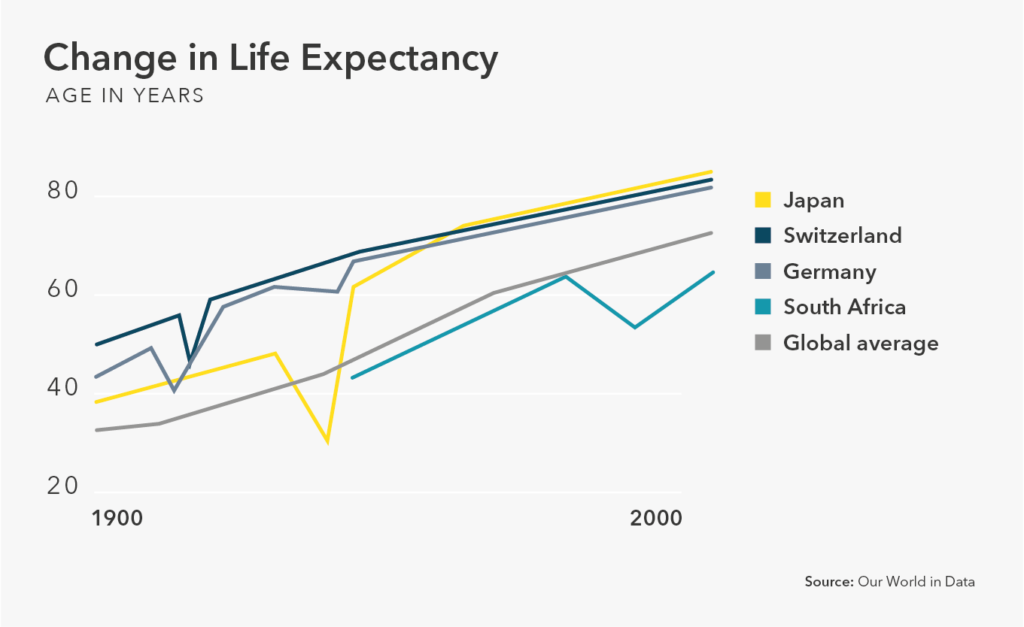
The Globalance View
Extending our life expectancy invites us to prophesize – philosophically (What should we do with the time gained?) or scientifically (Can we burden the planet longer with our presence?). One thing is certain: we underestimate the impact of higher life expectancy. Globalance advocates tackling the immediate practical issues: despite higher life expectancy, today’s dominant life model is mostly still no different from that of our grandparents (education, career, family, retirement). What is needed, for example, is an adjustment of the framework conditions of working models. Furthermore, provision, housing structures, educational opportunities and general recreational activities need a total rethink.

